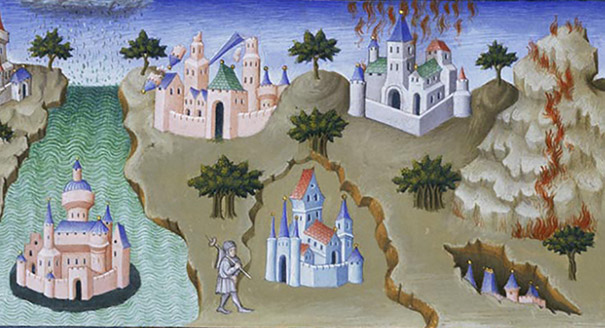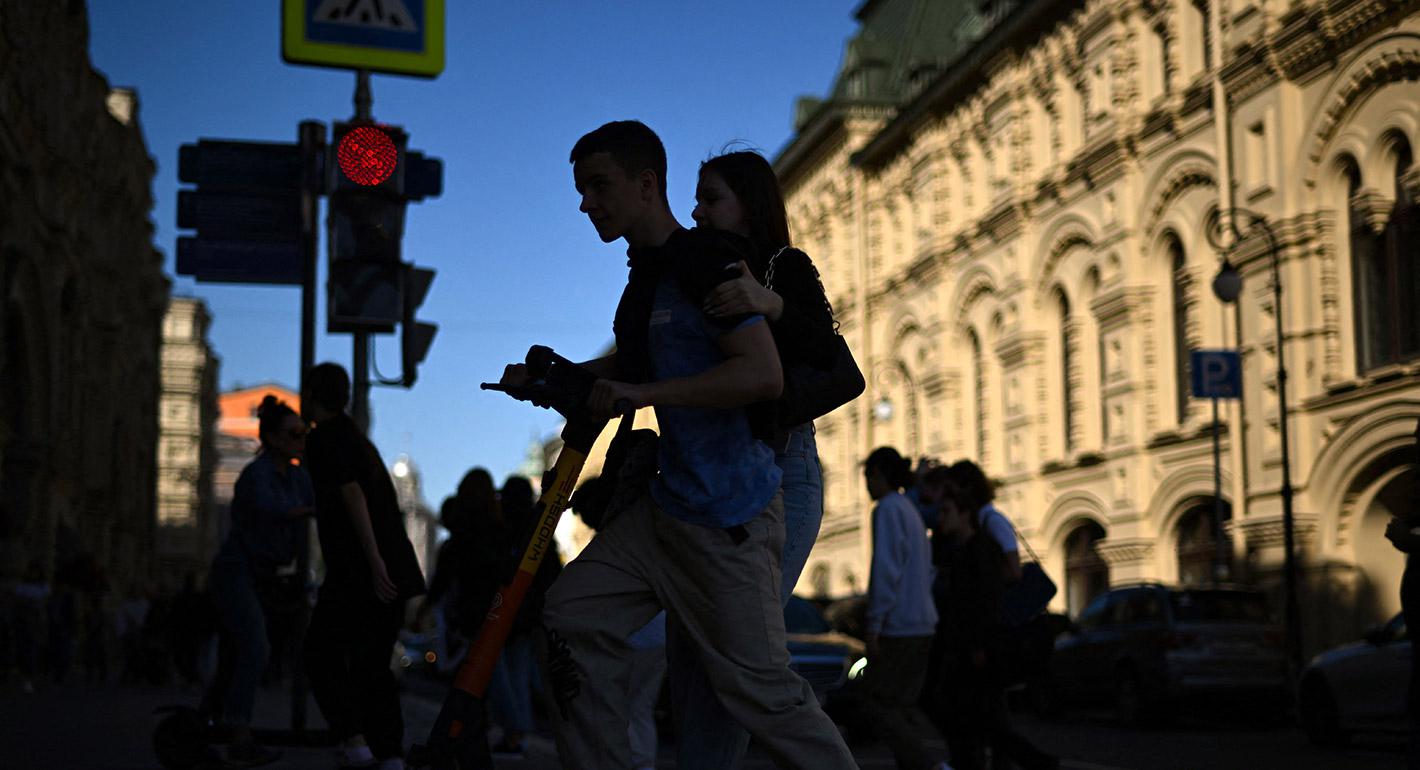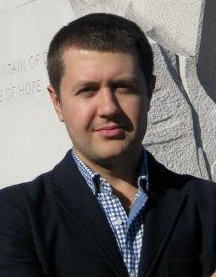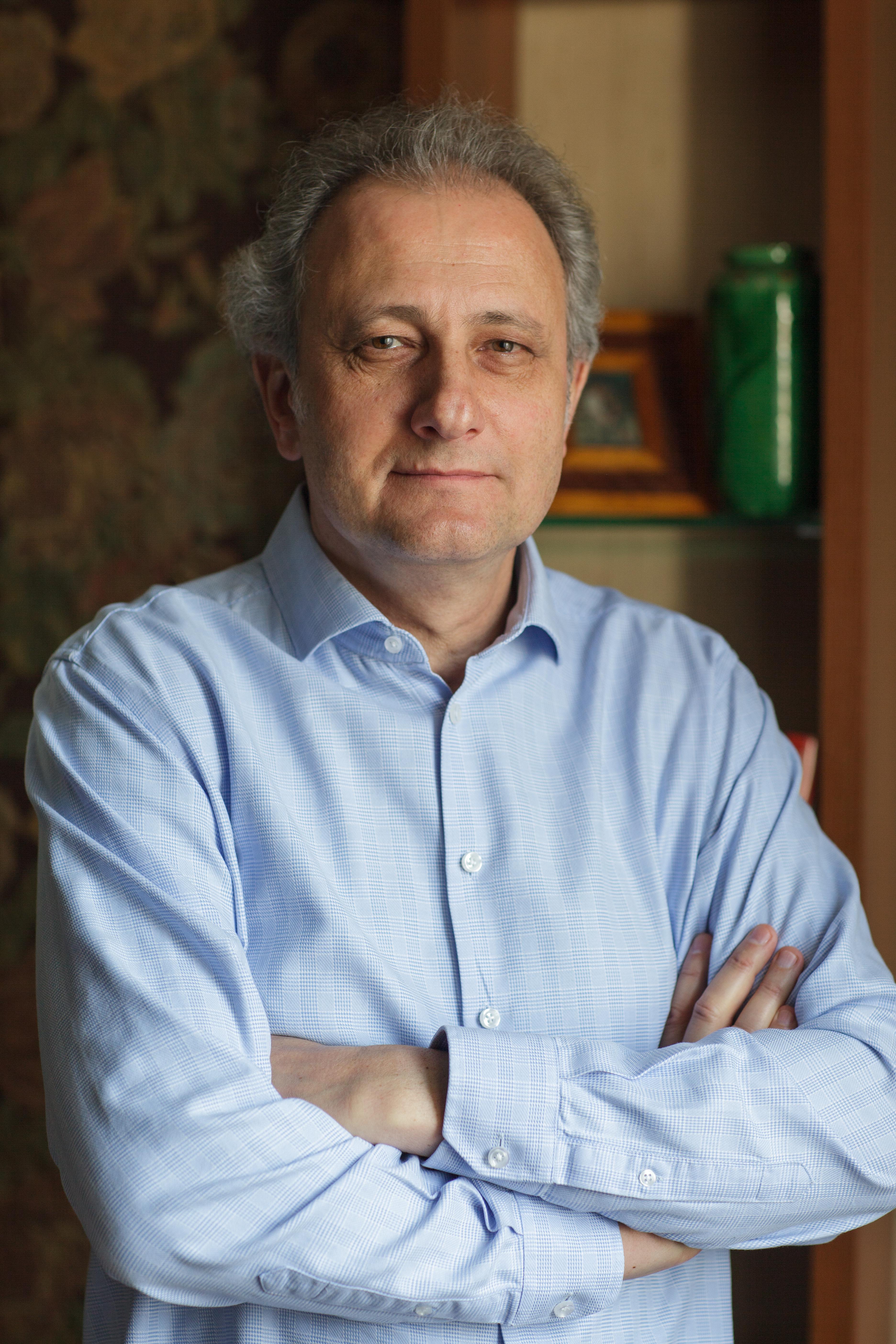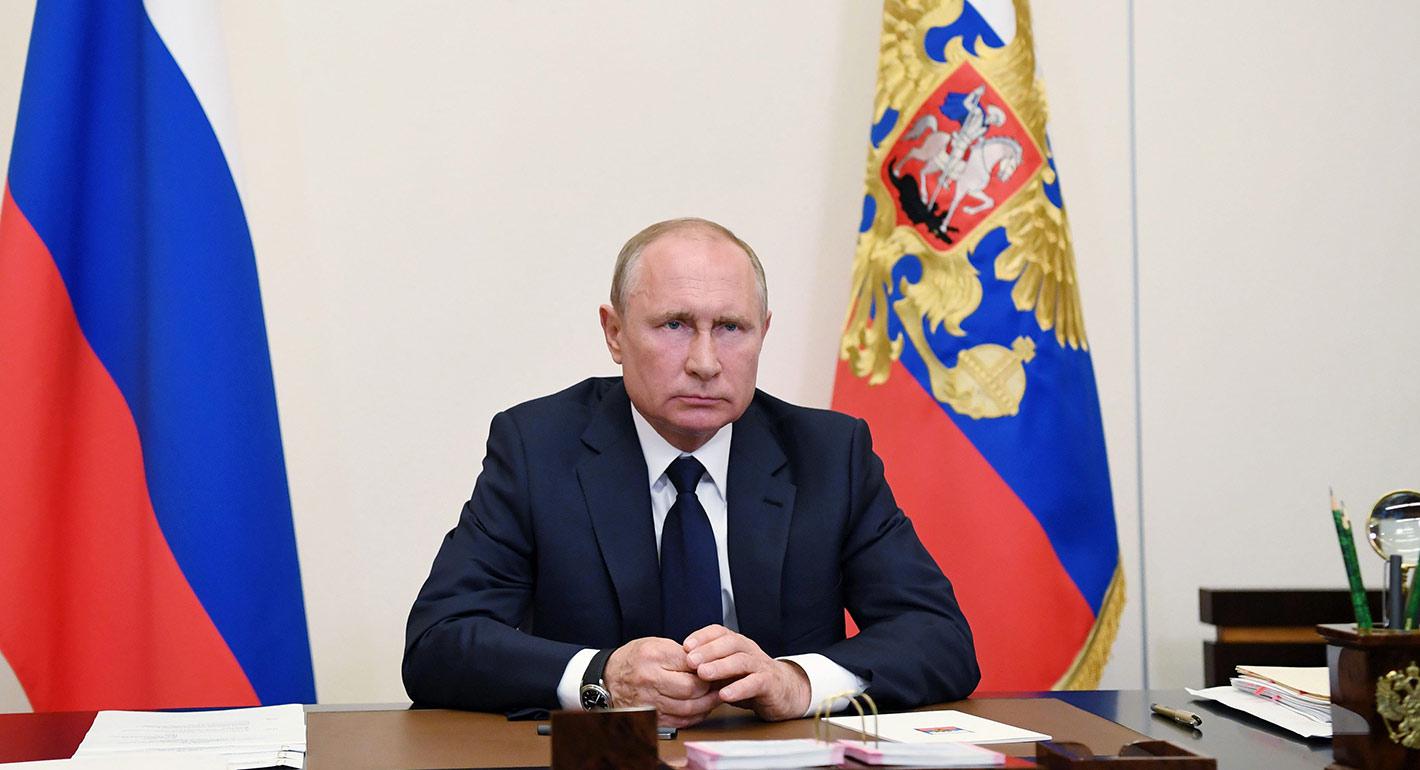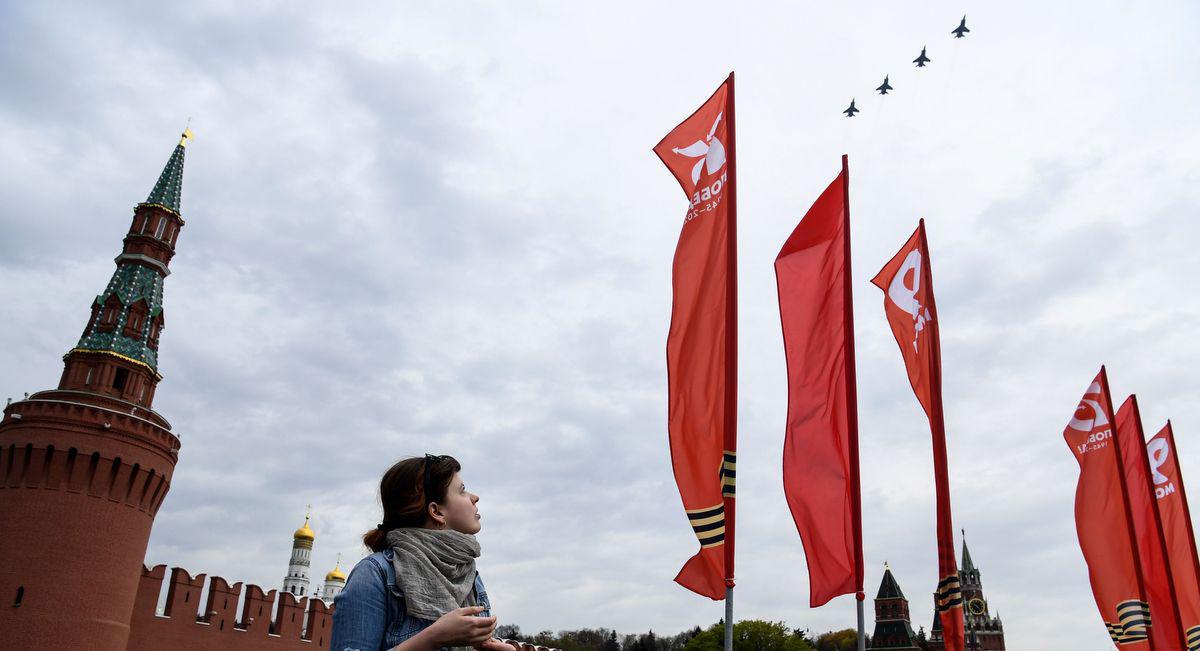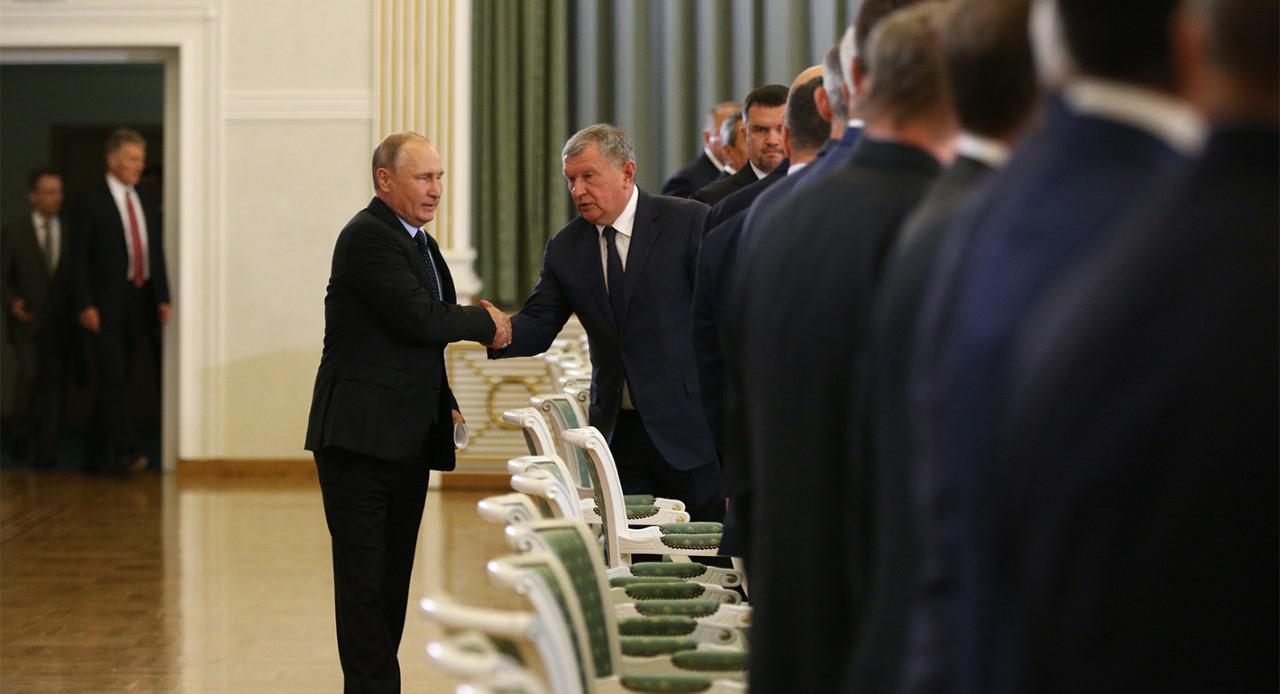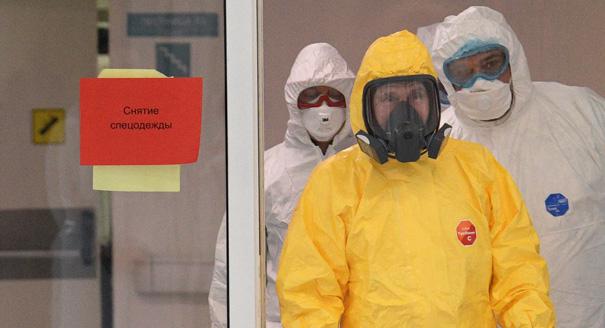While the Russian power vertical has never been a fully unified construct, its members have always publicly pledged loyalty to the center: delimiting one’s territory and interests and creating alternative axes of power has traditionally been seen as an attack on the power vertical.
Until recently, only two people—Rosneft President Igor Sechin and Chechen leader Ramzan Kadyrov—had the right to carve out their own spheres of interest. The rest had to play by the rules and refrain from chipping away at the vertical. Key political and economic players did have some freedom to maneuver, but only within the framework set by the center; the whole took precedence over its constituent parts.
Now, however, many system players have started making the structures they manage more autonomous, cordoning off their spheres of influence and setting their own rules there; deference to the Kremlin is being replaced by deference to local leaders.
This new autonomization can be seen in the State Duma: its new speaker, former deputy chief of staff of the presidential administration Vyacheslav Volodin, has already revamped the body to his own liking. The lower house of parliament has long been an instrument of approval for the Kremlin’s domestic policy decisions. Parliament members had the ability to affect small things, aligning themselves with interest groups they could stand up for if need be—the defense industry, agribusiness, retailers, and alcohol manufactures, for example, have always had representation in the Duma. But on the whole, the Duma was a dependent structure.
Now, however, Volodin has imposed much stricter control over the Duma’s procedural rules, making parliament members directly dependent on the speaker and his staff. Legislative work has also been brought under his control: proposed legislation must now be screened by expert committees, to which Volodin’s loyal associates have been appointed.
Indeed, the speaker has installed a new order in the Duma, delimited his territory, and even begun expanding it: parliament members have started talking about coordinating new legislation with him, and it’s increasingly complicated for officials from the presidential administration to gain access to parliamentary leaders’ meetings.
Andrei Vorobyev, the governor of Moscow Oblast, is also carving out his own fiefdom. He is consolidating his region’s municipalities into so-called “city districts”; cities and villages are being eliminated along with their administrations and legislative bodies. The system of governance is becoming simplified and more rigid. Vorobyev is trying to both minimize the risk of losing elections in any given municipality (there will be just a few dozen of them now, as opposed to a few hundred in the past) and bring the governance of the region more firmly under his control as federal interest groups vie to gain control of the region’s expensive resources through local elections.
Vorobyev’s personnel appointments support this goal: he picks loyal carpetbaggers as the heads of new municipal districts. These people are strangers to their district, feel uncomfortable there, and have frequent run-ins with locals, but as a result, Andrei Vorobyev is the only remaining force in the region; Moscow’s suburbs have become the governor’s personal territory.
Other regional leaders are also seeking greater independence and freedom, and some are taking a page out of Kadyrov’s book, protesting loudly enough to get the federal government to change its mind on certain issues. Tatar president Rustam Minnikhanov openly criticized the federal government for “siphoning” money from donor regions. “We have to support the recipient regions, but not at the expense of making the situation worse. Next year, we will have eight billion less, relative to this year…They probably report to the president of Russia that it is painless. But how is it painless? It is painful. We have to voice our opinion. This is wrong,” said an outraged Minnikhanov.
Kaluga Governor Anatoly Artamonov spoke out in support of Minnikhanov’s position at the Gaidar Economic Forum in the middle of January and, what’s more, proposed transferring some federal powers to the regions. The head of Ulyanovsk Oblast, Sergey Morozov, went even further, recommending that Moscow essentially relinquish its control over local branches of federal agencies to the regions. Regional leaders, it seems, want to control everything in their territories—and aren’t afraid to say so.
Meanwhile, Igor Sechin isn’t just strengthening his Rosneft dominion—he is vigorously expanding it. As expected, Rosneft recently acquired Bashneft and last year, for the first time ever, the government allowed Rosneftegaz state holding, which manages Rosneft’s and Gazprom’s assets, not to publish its financials. Then came the arrest of Economic Development Minister Alexey Ulyukaev, who opposed the acquisition of Bashneft (Ulyukaev was accused of extorting money for the deal from Igor Sechin), indicating the tremendous influence that Sechin wields.
One of Putin’s closest associates, Rostec president Sergey Chemezov, is in the same league as Sechin. The state-run corporation that he heads owns several defense industry enterprises—among them are Russian Helicopters, JSC, and the United Engine Corporation. The defense industry is a profitable business that feeds off government contracts and exports. But until last year, armored vehicle manufacturers were still outside of Chemezov’s sphere of influence. At the end of last year, however, Rostec assumed control over all of them, meaning that Rostec and its head now influence all spheres of the defense industry.
The power vertical has always coalesced around the chosen presidential candidate in the run-up to presidential elections. Invariably, it’s been Vladimir Putin, except for 2008, when Dmitry Medvedev ran for office. Putin has always personified the system. “If we have Putin, we have Russia,” Vyacheslav Volodin famously used to say. To be more precise, if Putin is in power, other participants of the vertical retain their bits of power and access to resources. Russian politics was governed by centripetal forces. The man on the very top guaranteed the preservation of the regime, and the centripetal motions intensified as elections neared. You had to campaign passionately for Putin, and there was absolutely no room for public displays of autonomy.
But we are witnessing a completely different kind of politics now. Centrifugal forces are taking over the Russian political scene. The players who control resources are trying to secure their grip on them. They try to get Moscow to cede to them what they need to have full autonomy. They take away their neighbor’s share if they can.
“Personal” ownership of a resource is becoming increasingly important: the Duma goes to Volodin, Rosneft to Sechin, and the Moscow suburbs to Vorobyev. Those who control resources are gradually becoming feudal lords, establishing new laws for their domains. As their fiefdoms grow bigger, their relationship with the state will begin to change—old checks and balances will disappear, and the constituent parts will begin to be able to have a say over the form of the whole.
